Written by Bill Wilson, Editor-in-Chief
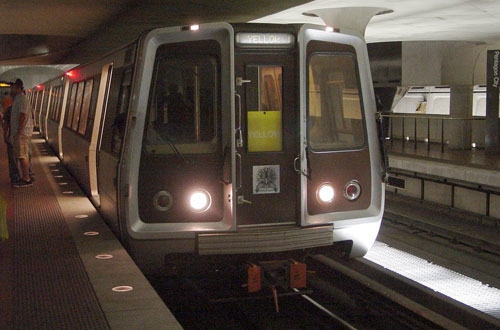
Inspectors do not agree with Washington Metro’s standards for restraining rails.
Ben Schumin via Wikimedia Commons
Washington Metro’s issues with rail cars might be more linked to what is under the wheels than the wheels themselves.
The agency had previously suspended the use of its 7000-series rail cars, and the focus was on the wheels. However, a study conducted years ago has revealed a new wrinkle. The report looked at how the car wheels and axles were put together and the amount of force the track places on wheel flanges. Metro’s turnouts or switches might have flangeways that are too narrow or are more restrictive than they need to be.
The 2015 report said improperly installed restraining rails could cause the wheels of the rail cars to shift apart. Washington Metro called on Kawasaki Rail Car to make changes to its model, but the agency did not do anything about the rail.
Furthermore, an internal report that looked at work that was done in 2021 and 2000, which was conducted in June, discovered that quality assurance inspectors did not agree with Metro’s standards for restraining rails. The group wanted Metro to put together an engineering study and revise track design criteria.
Read more articles on track construction.
Media


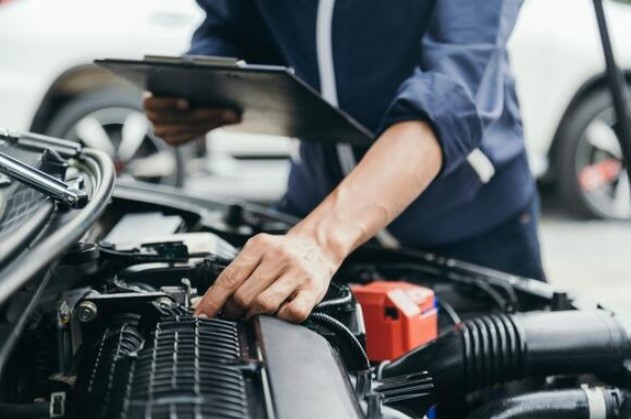




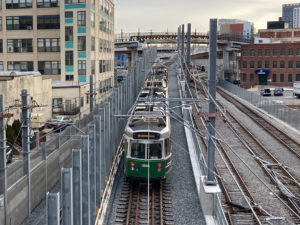
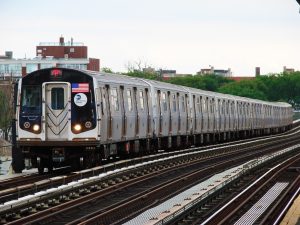
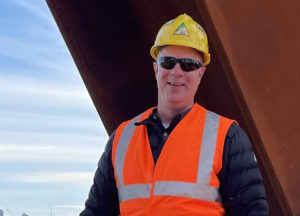

More Stories
Investigation launched into complaints of Tesla steering wheels coming off mid-drive | Tesla
Wheels Car of the Year 2023: Finalists revealed!
Why Were so Many Built?